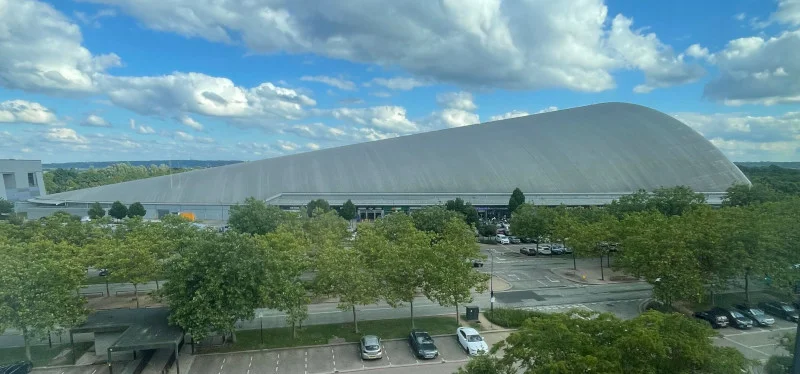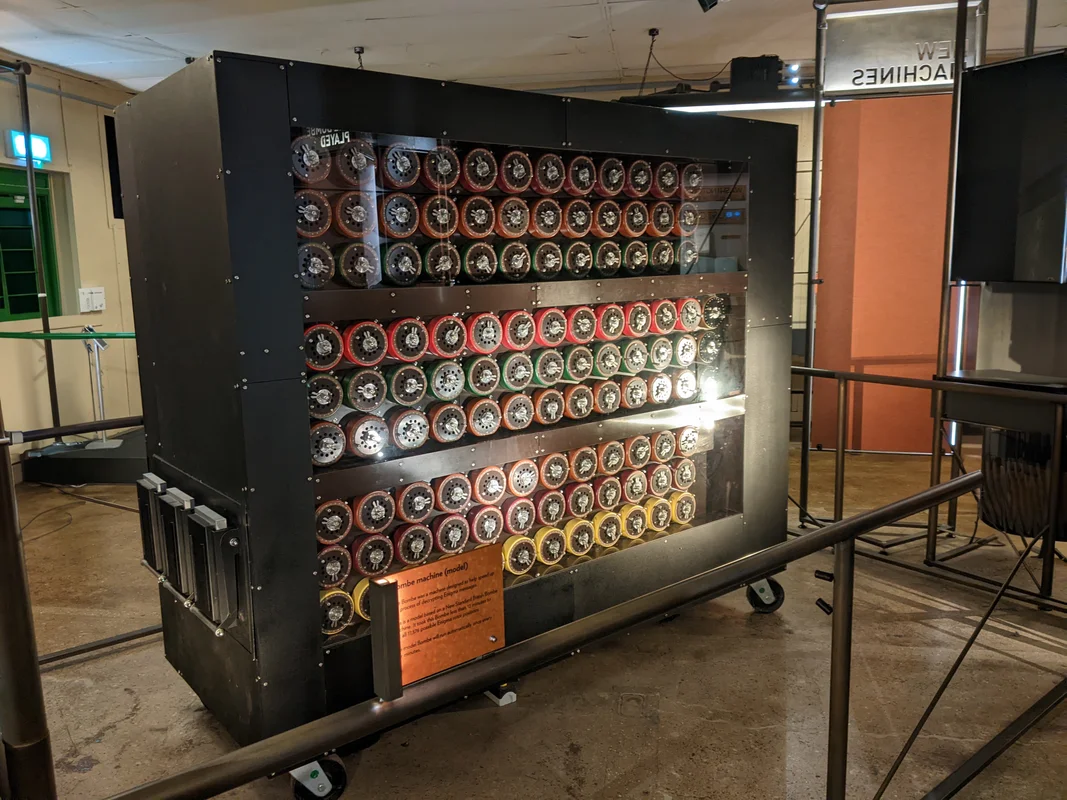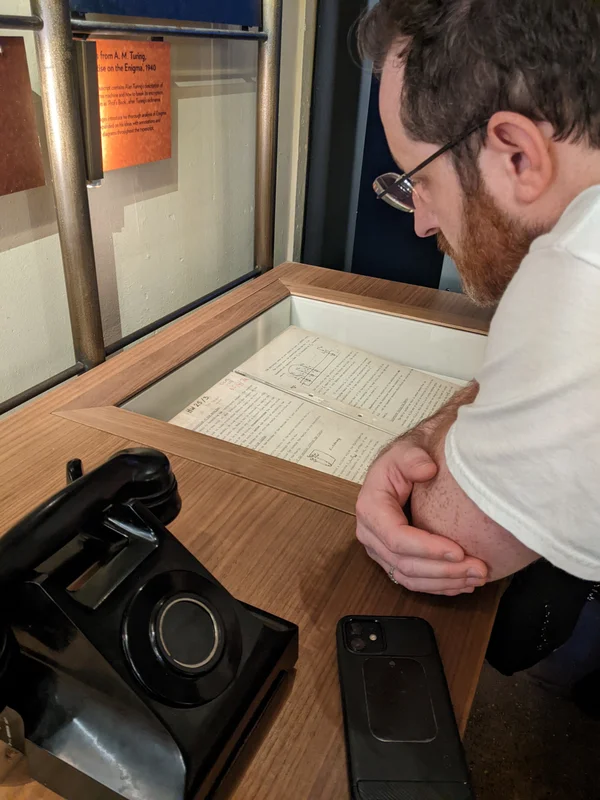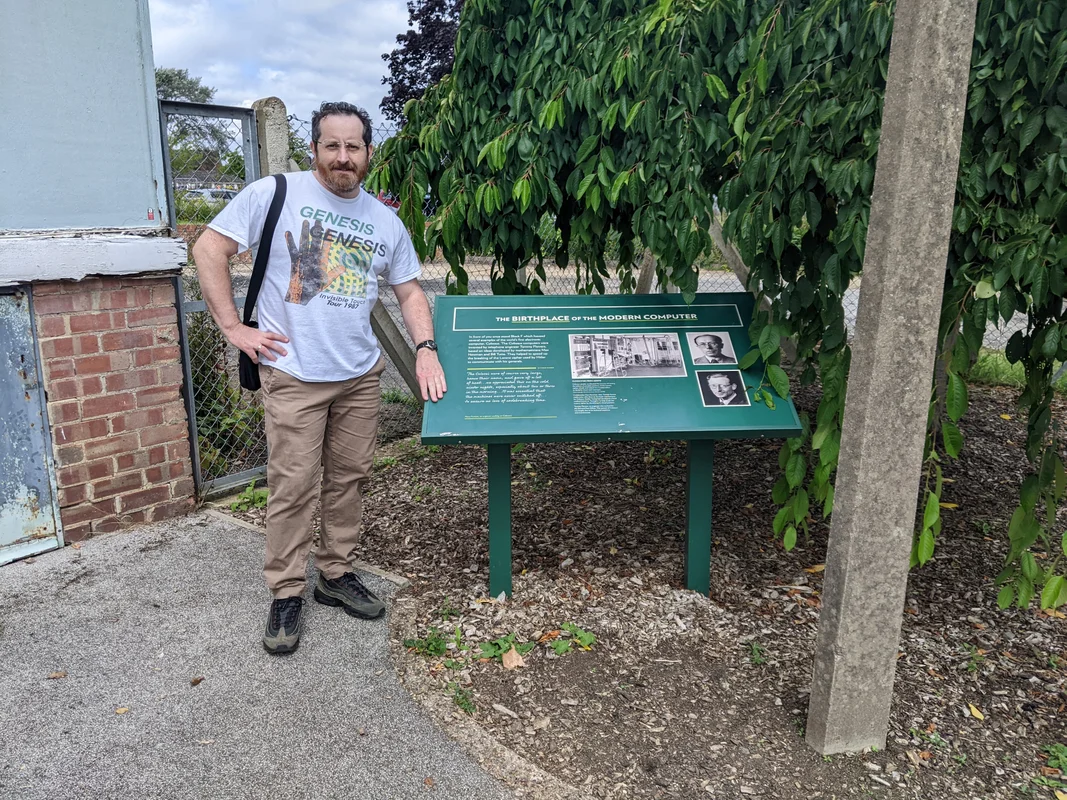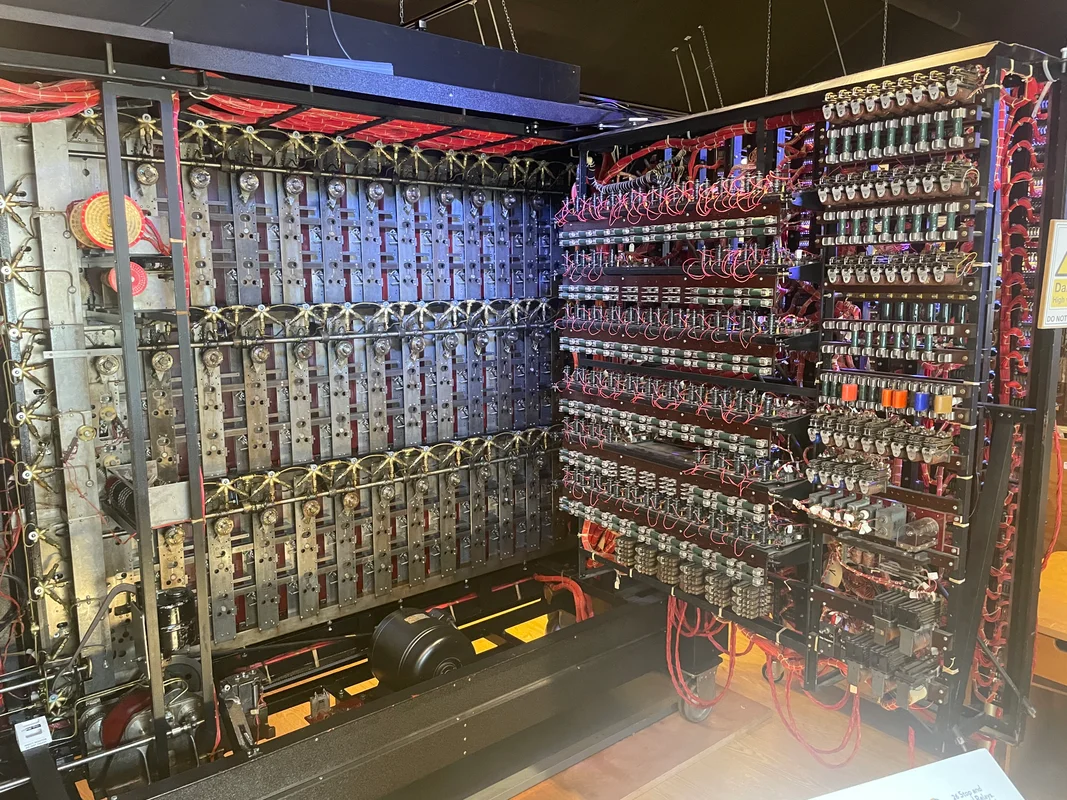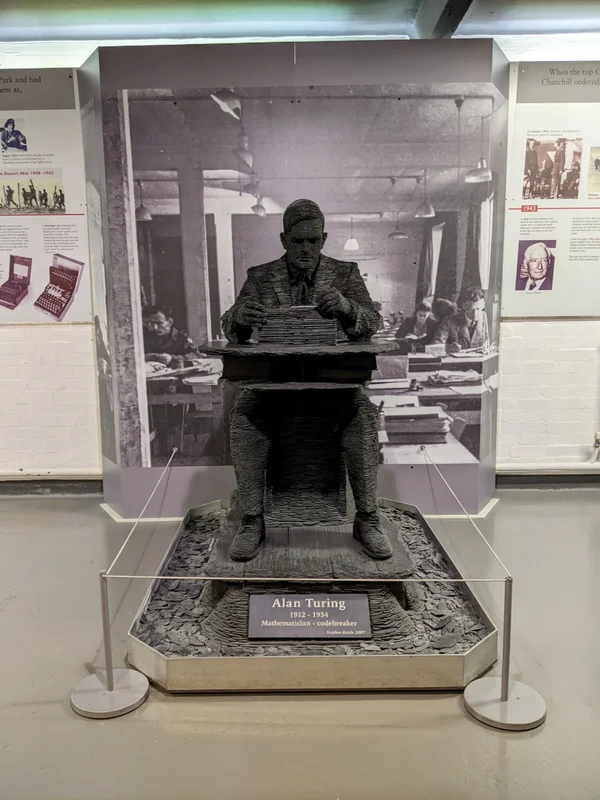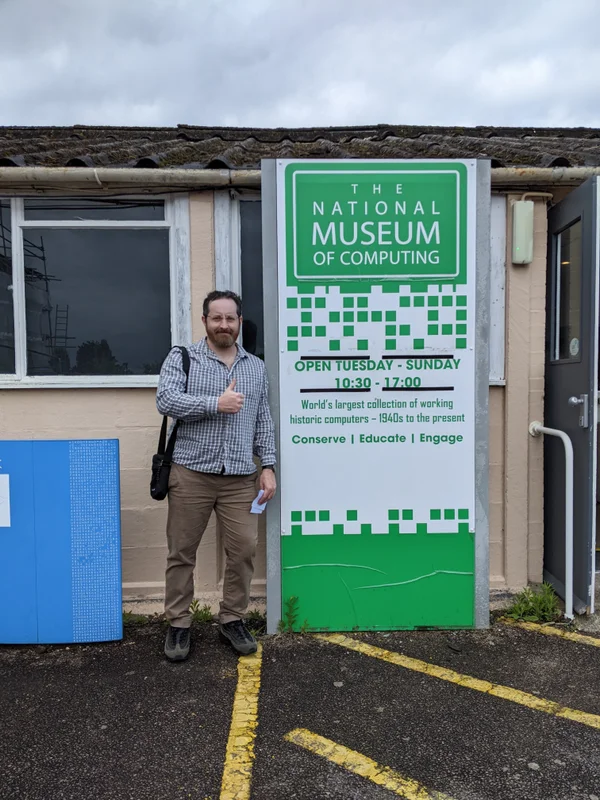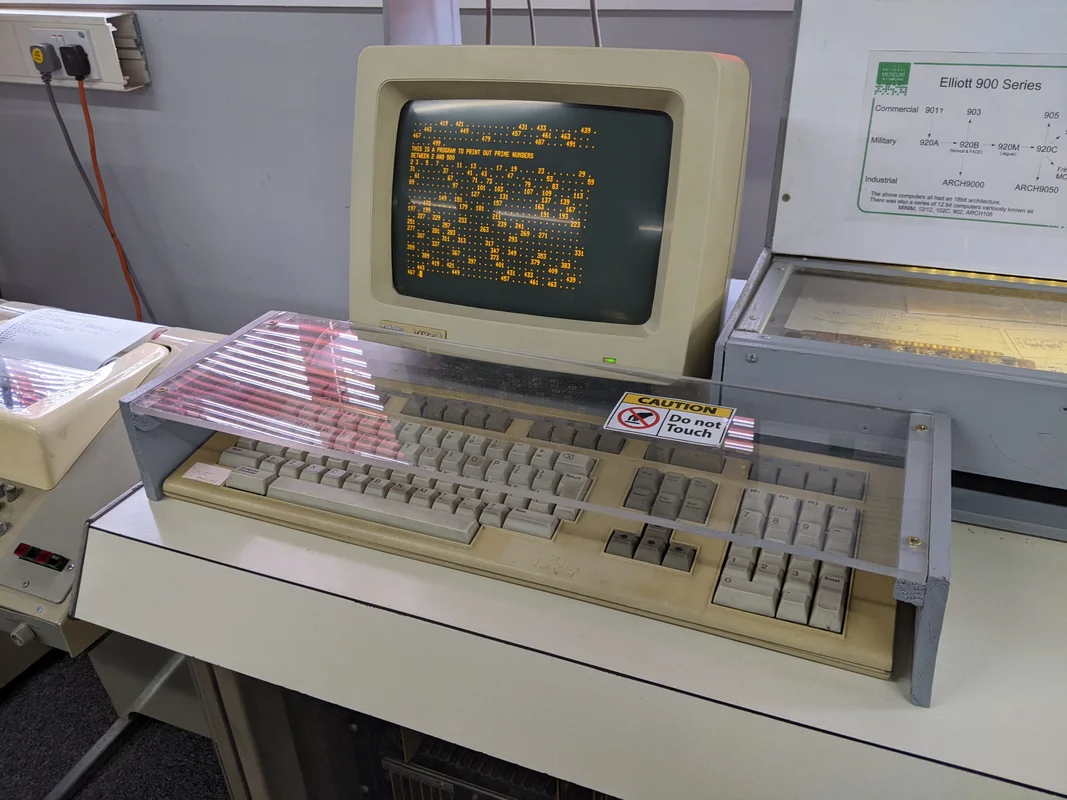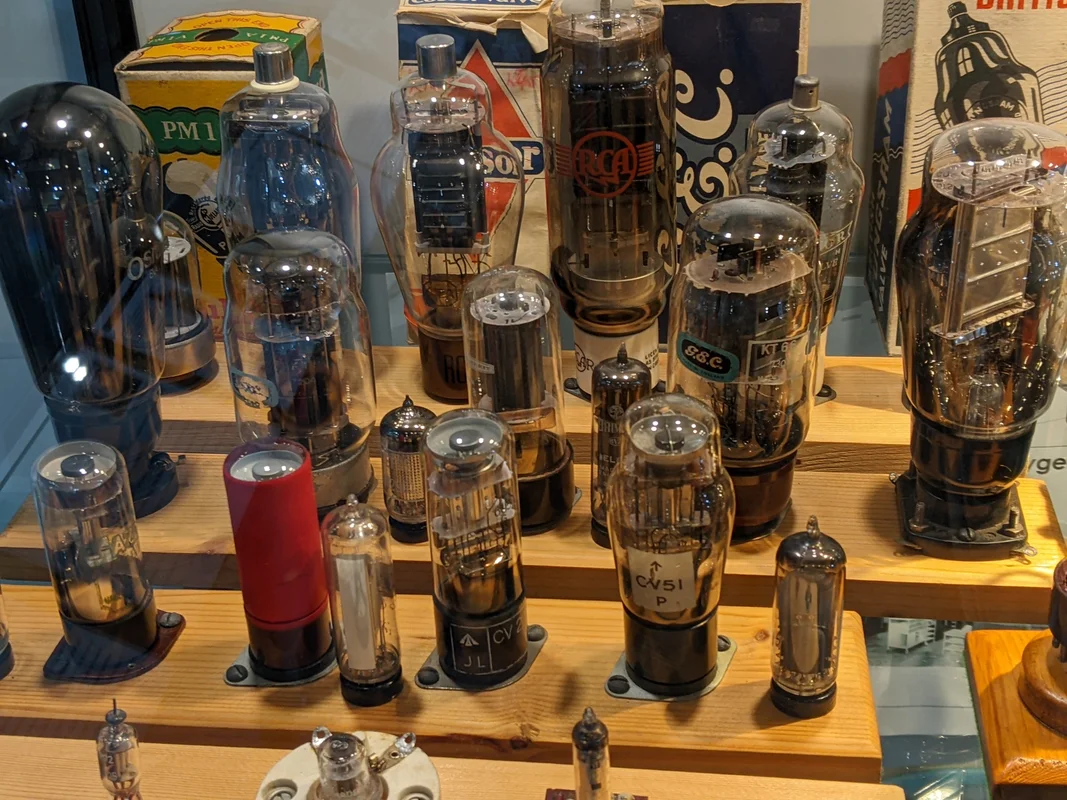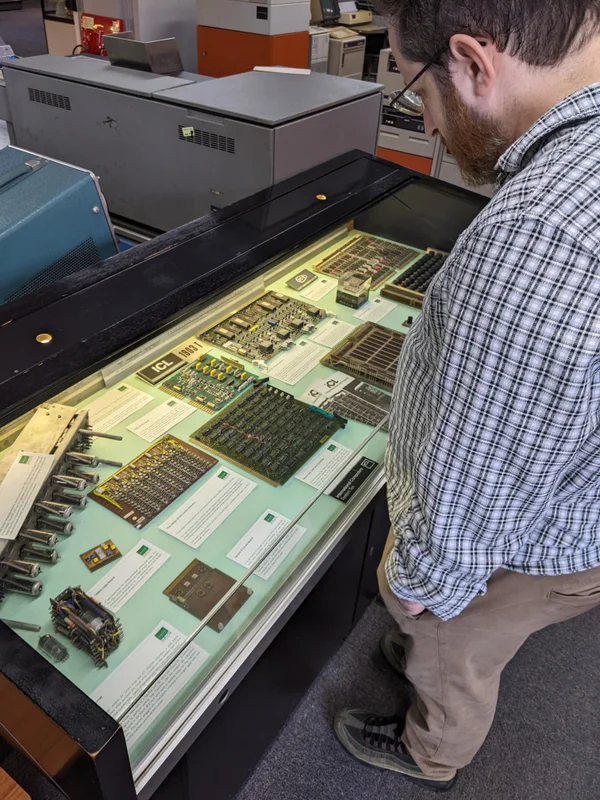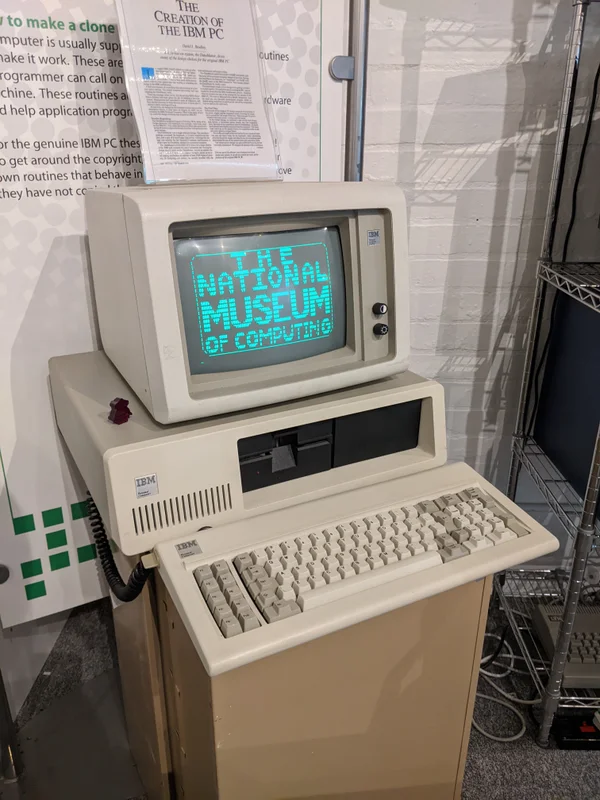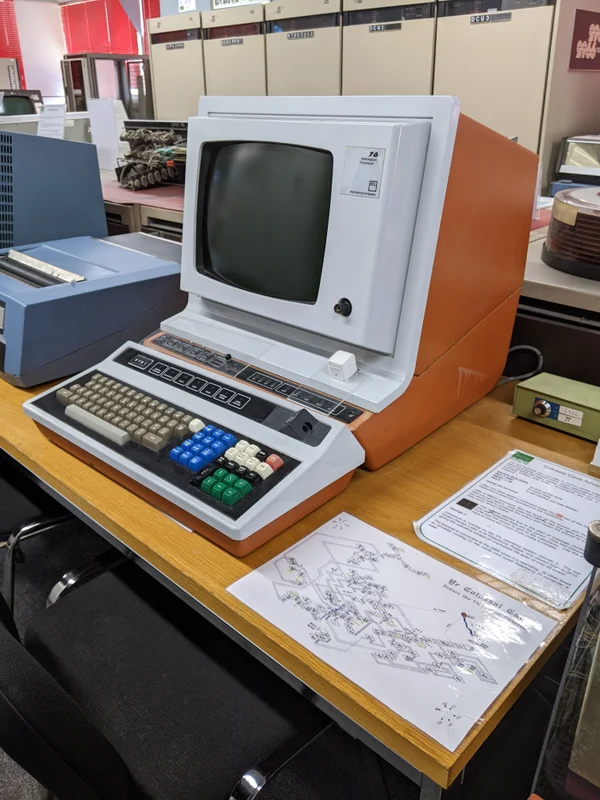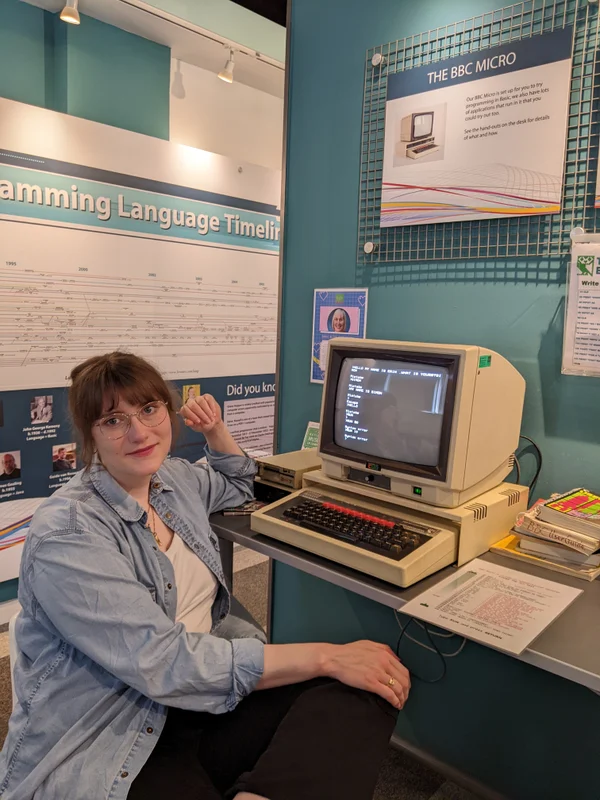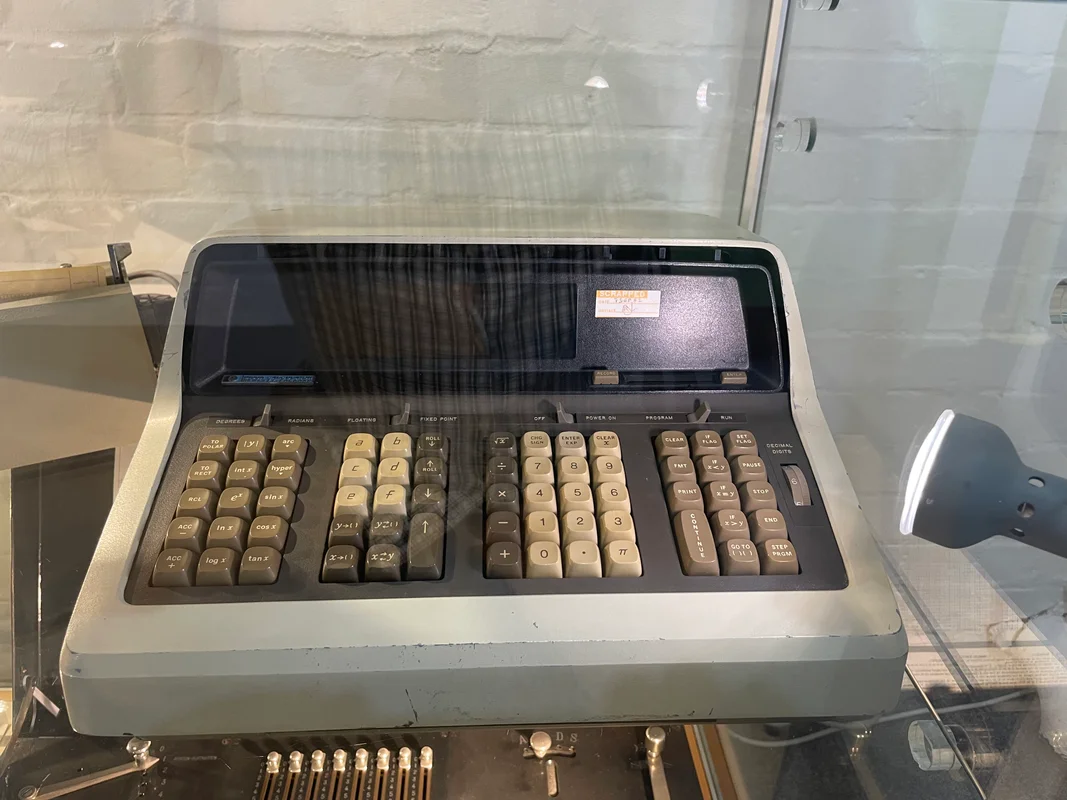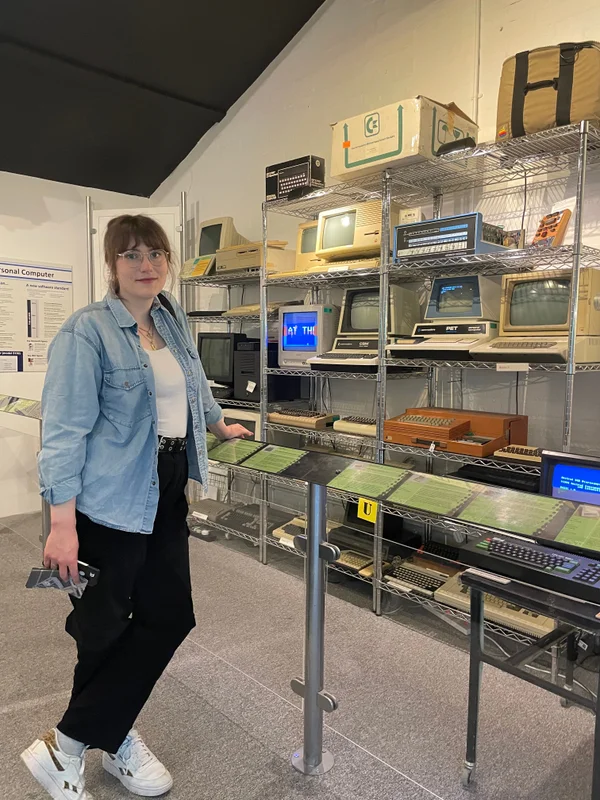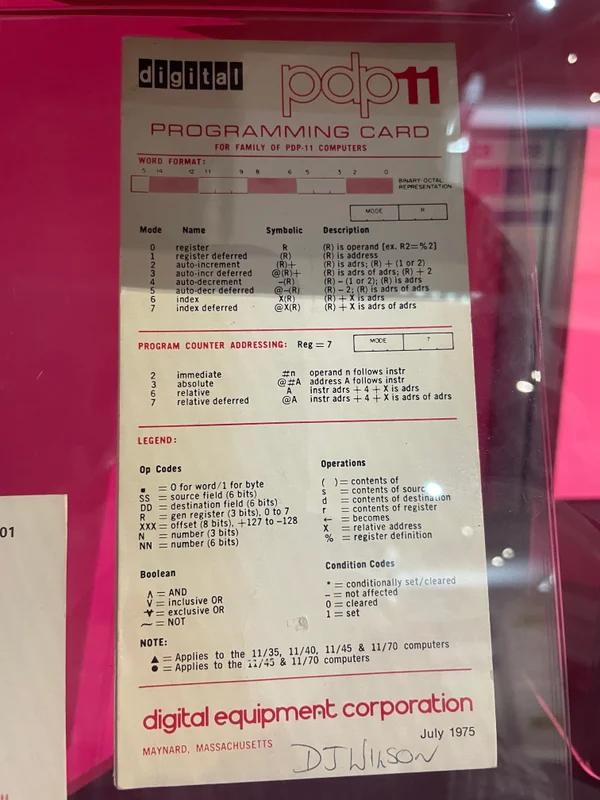4.1 KiB
| title | slug | date | tags | |||
|---|---|---|---|---|---|---|
| Visit to Bletchley Park and The National Museum of Computing | /bletchley-park-tnmoc-holiday/ | 2024-08-07 |
|
As part of our holiday this year my girlfriend and I went to visit Bletchley Park and The National Museum of Computing.
With our customary taste for luxury, we stayed in one of the three Premier Inns in Milton Keynes. Milton Keynes is strange: a car park in search of a town. However, we had the good fortune to overlook one of its supermalls. This is notable only because it looks exactly like a sandworm in Dune:
Bletchley was superb. A model of how to run a heritage project and museum. We spent about five hours on site stopping for lunch and an excellent cup of tea.
As you work your way through the huts you pass through each region of what was a global signals intelligence factory: collection, decryption, evaluation, and finally dissemination.
The huts concerned with decryption were naturally the most compelling. There was life size replica of the Bombe computer used to derive the daily settings of the Enigma machine. It had spinning and clicking rotars however this was a simulation rather than a working reconstruction.
Probably the biggest highlight for me was standing at "the birthplace of the modern computer": the hut where the Colossus computer was used to decipher the Lorenz messages of the German high command.
Although not a modern computer in the sense of being general-purpose (it could only be used for breaking this type of cipher and and was not programmable), it was the first to use vacuum-tubes for logic operations, rather than electro-mechanical switches and relays. This made it fully electronic and therefore much quicker and with greater combinatorial range.
This was the insight of Tommy Flowers (a working class hero if ever there was), who designed and built it. He proposed using vacuum-tubes from his experience with telephony at the Post Office Research Station. This was met with scepticism and at one point he resorted to using his own money (never properly remunerated) to build it. He was vindicated. Not only did the machine prove critical in the final stages of the War (confirming the Nazis had bought the D-Day deception), it proved the speed and viability of purely-electronic components that would ultimately lead to the transistor and integrated circuit in later decades.
The next day we went to the National Museum of Computing which is unaffiliated with Bletchley but located on the same site.
This was a different experience. Certainly less polished and perhaps a bit forbidding for those not already well versed in computer lore.
This said, it had it's own scruffy charm and is clearly a labour of love. During our visit there were OG volunteer computer engineers actively working on the reconstructions.
It was a complete cornicopia of retro computers and we had a high time marvelling at the sheer amount of beige and retro-futurist design.
Here are some of my highlights...
